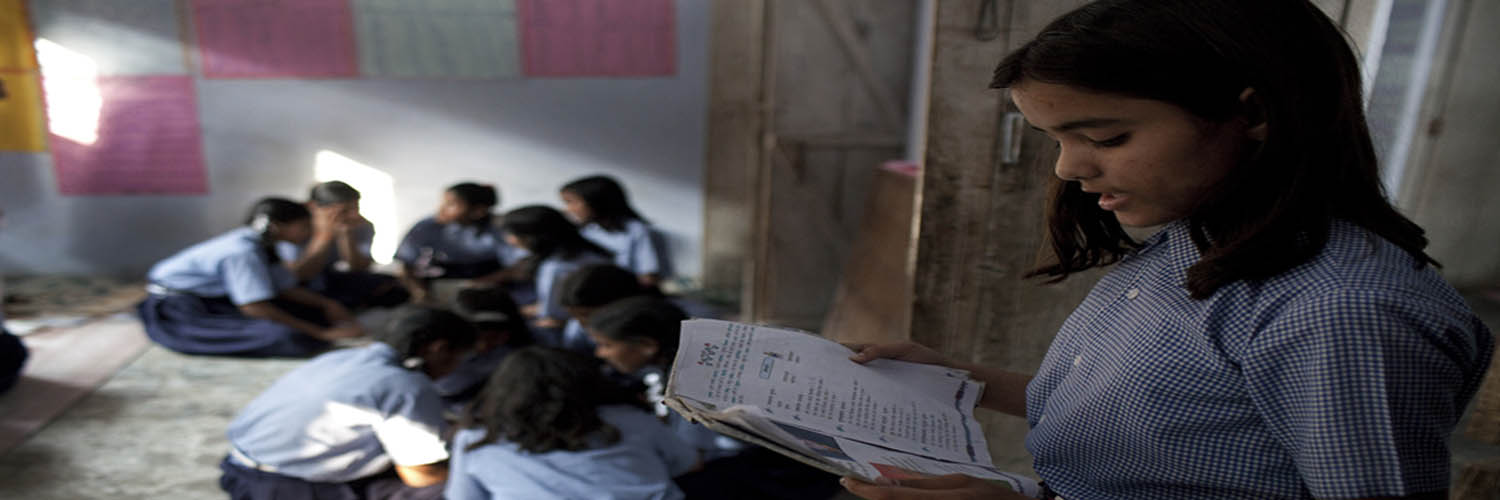Pratham Education Foundation study
Understanding children’s transition to secondary education
At Kusuma Trust we believe that education is the fundamental right of every child. The Pratham Education Foundation, a leading centre for research in India, shares this belief. Their vision and mission is ‘every child in school and learning well’, and they focus on improving education for underprivileged children.
About the research
We commissioned Pratham to carry out research that would help us understand factors that influence children’s transition from primary to secondary school (from Class 8 to 9) and the reasons they drop-out.
We gave a grant of approximately £108,300 to carry out the study in 2014 to 2016. It explored the relationship between the availability of schools, student learning levels and patterns of transition from primary to secondary education in four areas (two in Hardoi, Uttar Pradesh, and two in Sambalpur, Odisha).
- 3 in 10 children failed to make the transition from primary to secondary school
- Low learning levels at the end of primary school were a key predictor of failure to transition to secondary education.
- Over 50% of children who dropped out were from scheduled caste families and poorer households.

Key findings
- The number of secondary schools declines considerably at secondary level: less than 10% of 980 schools surveyed offered secondary grades.
- 3 in 10 children included in the survey (11,264) dropped out after primary school.
- More girls (37%) than boys (26%) dropped out at the end of primary school.
- Children who were married (1 in 10) were also more likely to drop out of school, post-primary.
- Over 50% of children who dropped out were from scheduled caste families and poorer households.
- Schools that offered continuous grades from primary to secondary were more successful than other schools in preventing children from dropping out after primary school.
- Learning levels at the end of primary school were a good predictor of successful transition to secondary education.
- Children entering secondary grades lacked adequate numeracy and literacy skills to successfully engage with the secondary curriculum.
The research report was launched at a conference in New Delhi in 2018 and was well-received by an audience of education professionals, policy makers, NGOs, and the media.
For more key findings, download our research summary
“This study has made a significant contribution to knowledge about the wide range of facts that block or support children from underprivileged backgrounds from accessing secondary education. Equally important, it shows that access to education is not enough on its own. Quality primary and secondary schooling is needed to enable children to learn and make choices about their future.”
More Success Stories

The Science Museum

Thomas’s Schools Foundation – Readers’ Cup

